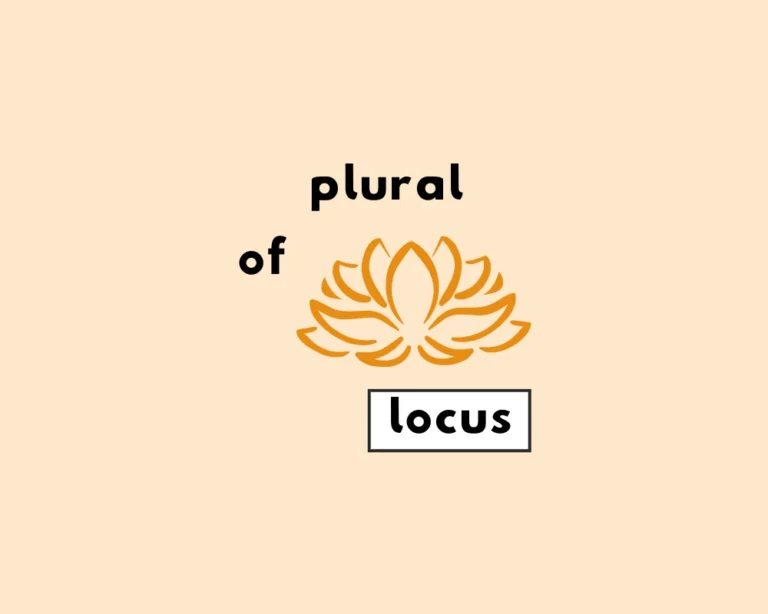
What’s the Plural of Pants?
Pants are a plural-only noun, with no singular noun form, since pants are made up of parts. As a singular, pants are called ‘a pair
Explore the breadths and depths of Grammarflex’s knowledge base, containing resources and comprehensive guides on pretty much everything you could want to know related to English grammar and writing.
Learn all about the main parts of speech, which (in case you forgot) comprises of verbs, nouns, adjectives, pronouns, adverbs, conjunctions, prepositions and interjections. Beyond the fundamentals of English grammar, you’ll find guide on writing mechanics and style, literary devices amd more.


Pants are a plural-only noun, with no singular noun form, since pants are made up of parts. As a singular, pants are called ‘a pair


Locus, which comes from the Latin word meaning, “a place” (as in, location), has loci as its plural noun form.


Glasses are a ‘plural-only’ noun, and are only used as a plural noun. Objects that are made up of parts/pieces/pairs are called plural-only.


Focuses is now much more commonly used as the plural of focus. Foci is also correct.

The plural of the Latin noun, colloquium, (pronounced koll-o-kwee-um) is colloquia or colloquiums.

Both vortices and vortexes are correct plurals of vortex, meaning “whirlpool, eddying mass.” The original plural noun form is vortices (for Latin purists).